Raising Aidan: Heroic South African mother risks freedom to treat son with cannabis oil
- Brave Melissa Botha has been using cannabis to treat her son who suffers rare genetic disorder Costello Syndrome
- Aidan is 1 of only 3 South Africans diagnosed with the condition which leaves him “very prone to cancer”
- Cannabis is still illegal in South Africa
- Raising Aidan Foundation launches February next year
Medical cannabis patients in South Africa are in a legal limbo.
Despite the South African Medicines Control Council (MCC) publishing draft guidelines to legalise cannabis for medical reasons, the bill has yet to be passed, with no signs of it being close.
In June 2016, the South African Central Drug Authority (CDA) issued a statement claiming they were to take a “middle ground” on cannabis, i.e. decriminalisation. Patients and recreational users, however, have yet to see this be put into practice.
Melissa Botha has been treating her son, Aidan, 8, with medical cannabis since February this year, after 3 years of research. Aidan was diagnosed with Costello Syndrome when he was just 18 months old.
Costello syndrome is a disorder that affects many parts of the body, characterised by delayed development and intellectual disability, loose folds of skin (which are especially noticeable on the hands and feet), unusually flexible joints, and distinctive facial features.
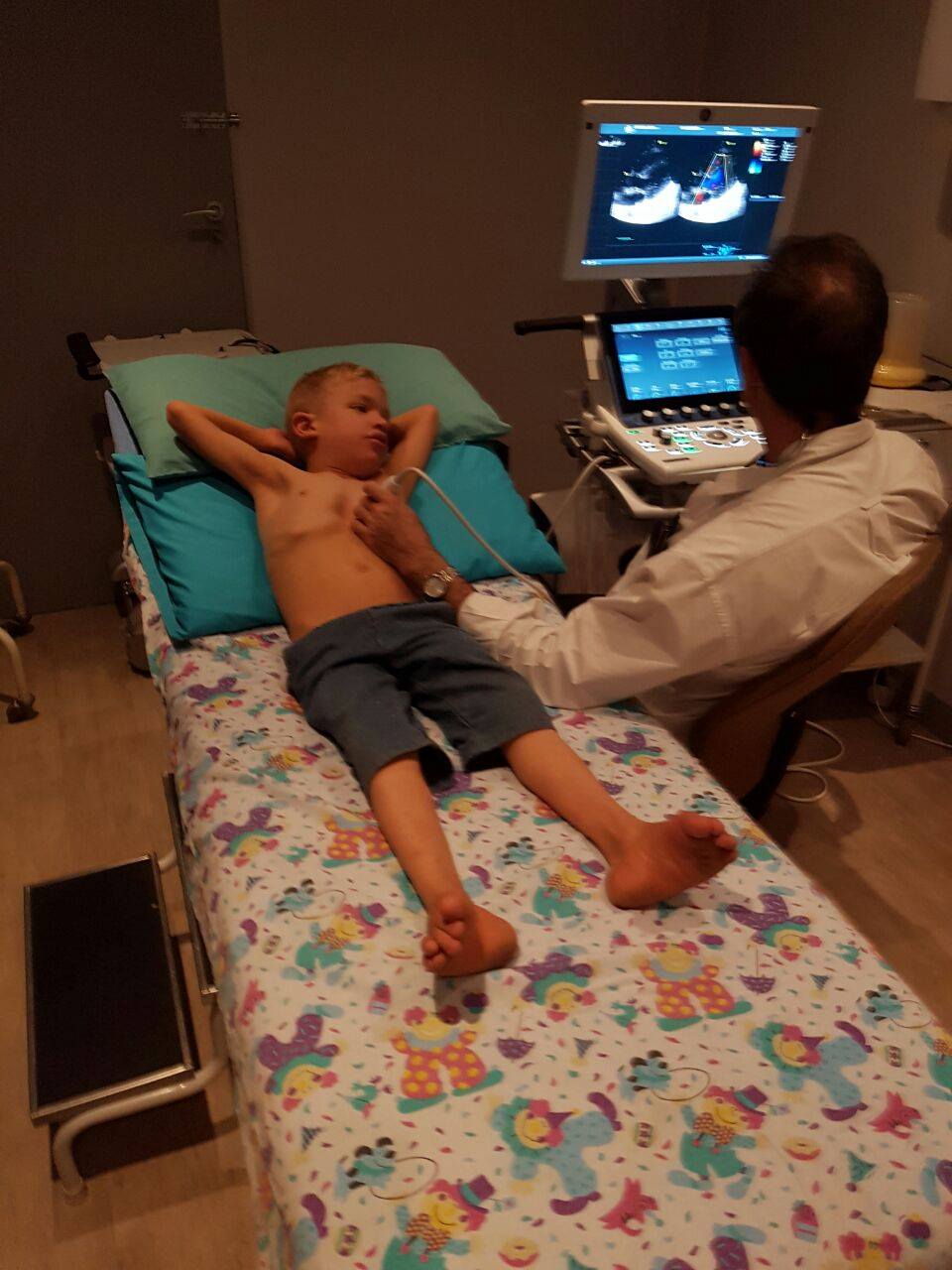
“It’s a very rare genetic disorder,” Melissa explained. “So rare that he’s only the 2nd of 3 known cases in South Africa, there’s only 400-500 worldwide who’ve been diagnosed.
“He also suffers with high anxiety and ADHD amongst lots of issues.”
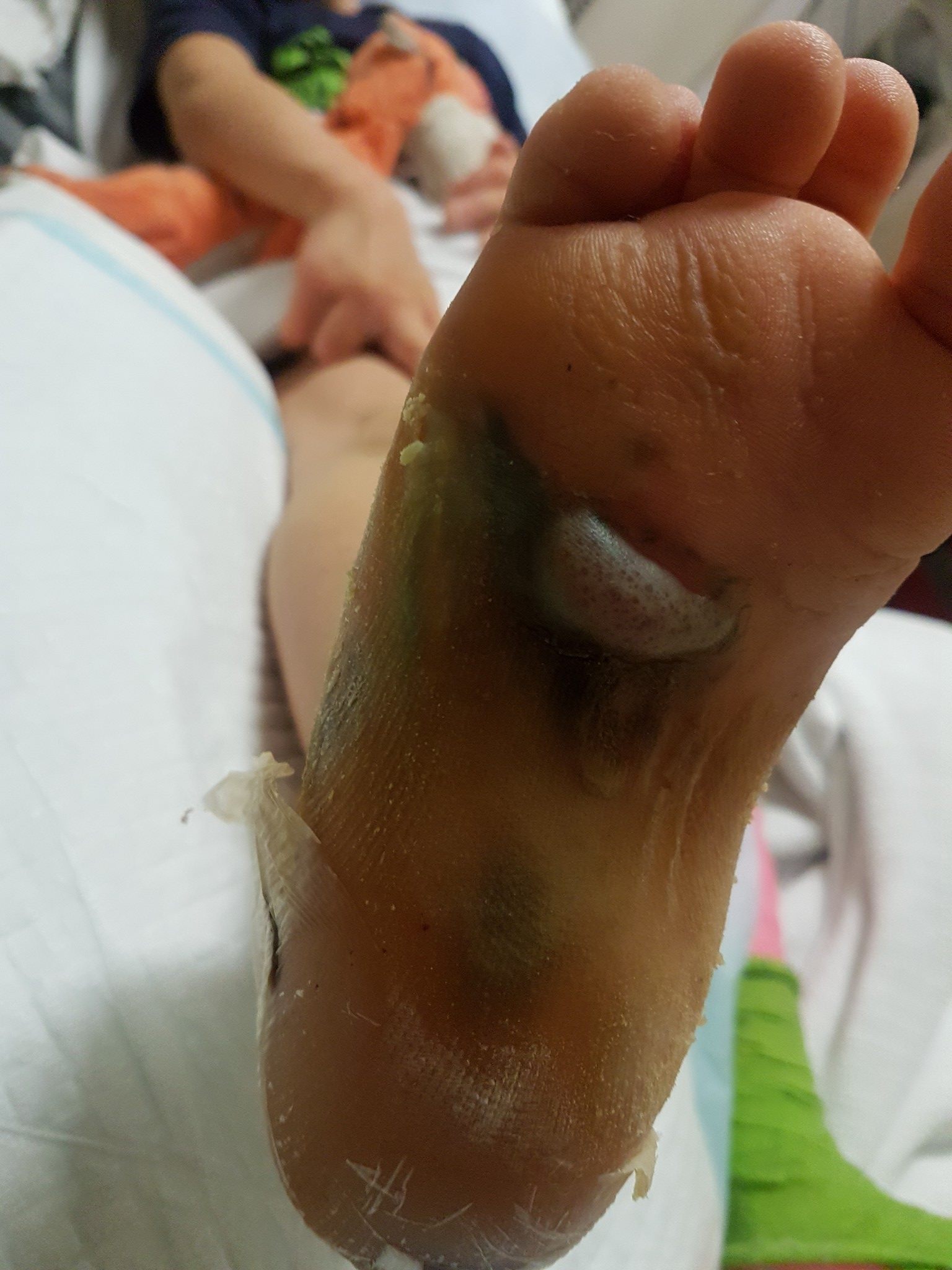
Aidan’s condition leaves the young child prone to developing cancer. He needs abdominal scans every 3 months to screen for cancerous tumours, and heart scans due to a thickened left ventricle wall.
A common reason patients chose to use medical cannabis rather than pharmaceuticals is due to the side-effects they leave the patient with.
Discussing why she opted to use cannabis, Melissa explained: “I’ve never been pro medication and always look at the root cause as opposed to plastering meds in to take away symptoms.
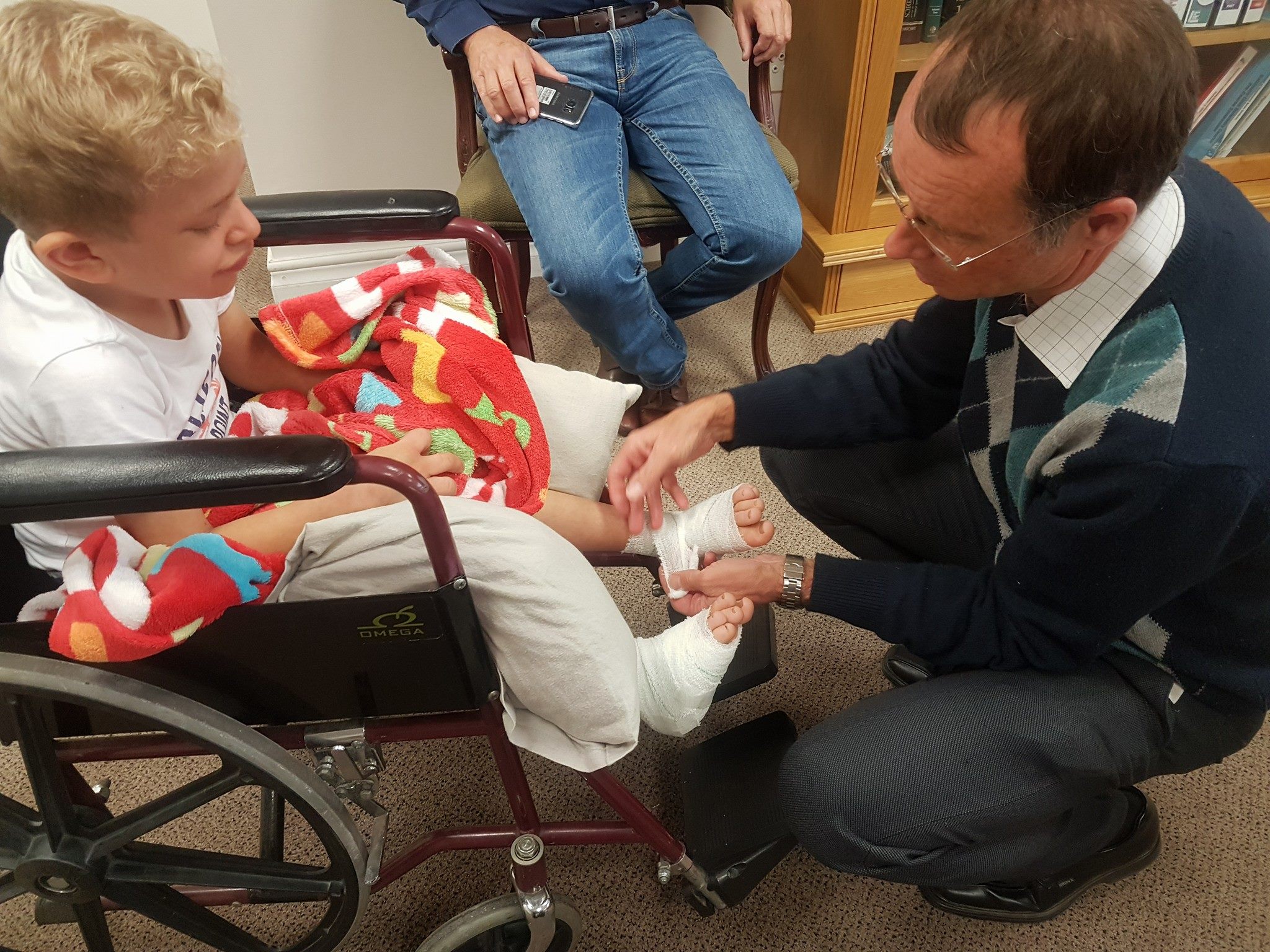
“I started him on cannabis oil because of its cancer curing abilities, thinking if it can kill cancer, it’s going to prevent his cancer cells from being activated.
“I really noticed a huge help when I used the oil as pain management after his last operation.
“Within minutes he would be calm as opposed to waiting 45 minutes for drugs to kick in.”
“Any authority challenging my decision as a parent to try and give my child the best chance at life when his condition is so rare, is a highly unlikely scenario.”
– Melissa Botha
Aidan does need some pharmaceutical medication, the side-effects of which have been softened by cannabis: “Aidan’s body, however, doesn’t produce enough growth hormone which is an integral part of the endocrine system. He has fluctuations with his sugar levels, etc.
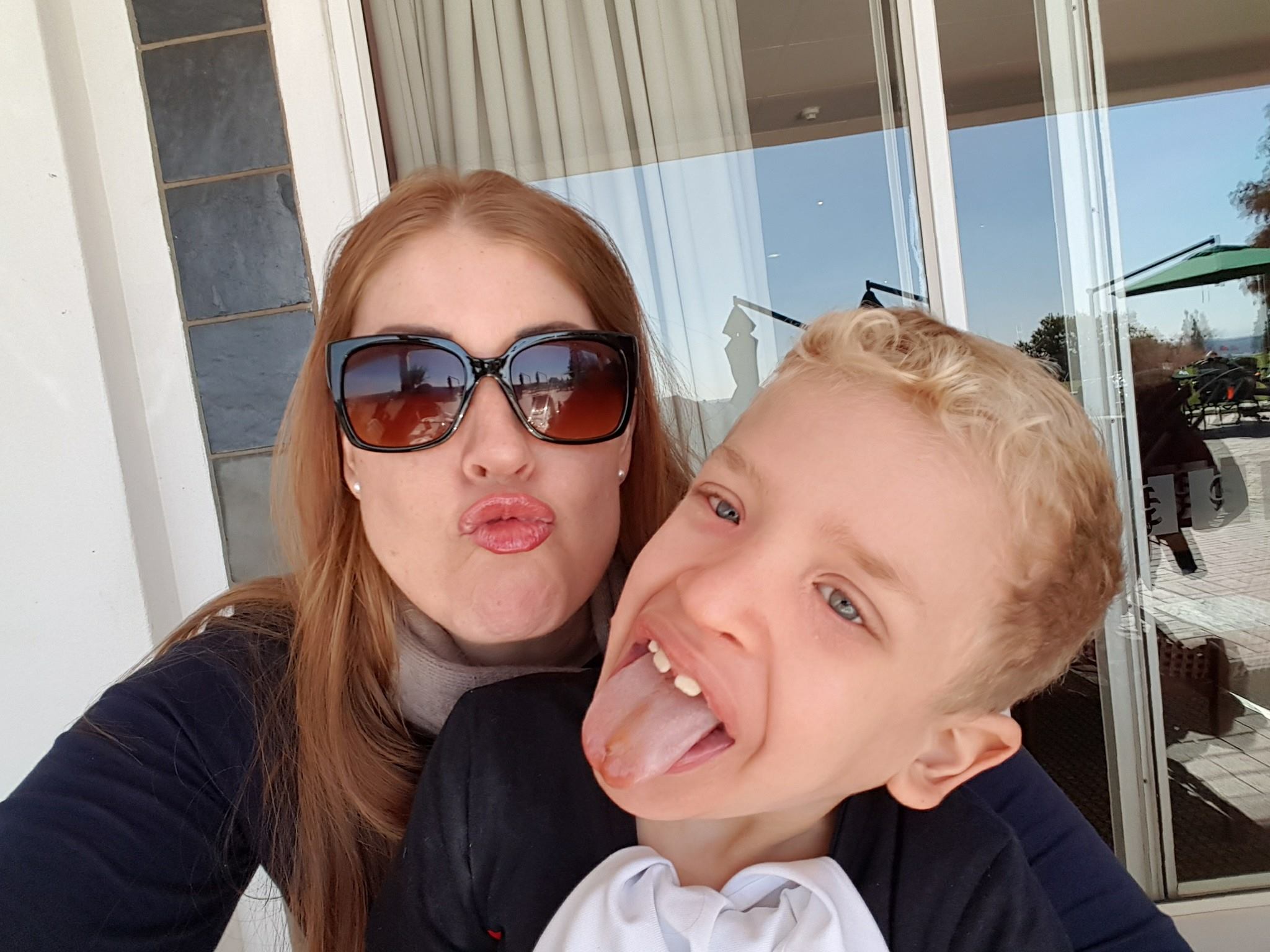
“He is on Norditropin, a growth hormone, which I inject him with every night. It’s done wonders for his growth, and had helped balance his sugars… but the potential side effects are hip plate shifting.
“Thankfully he is 100% in that department.”
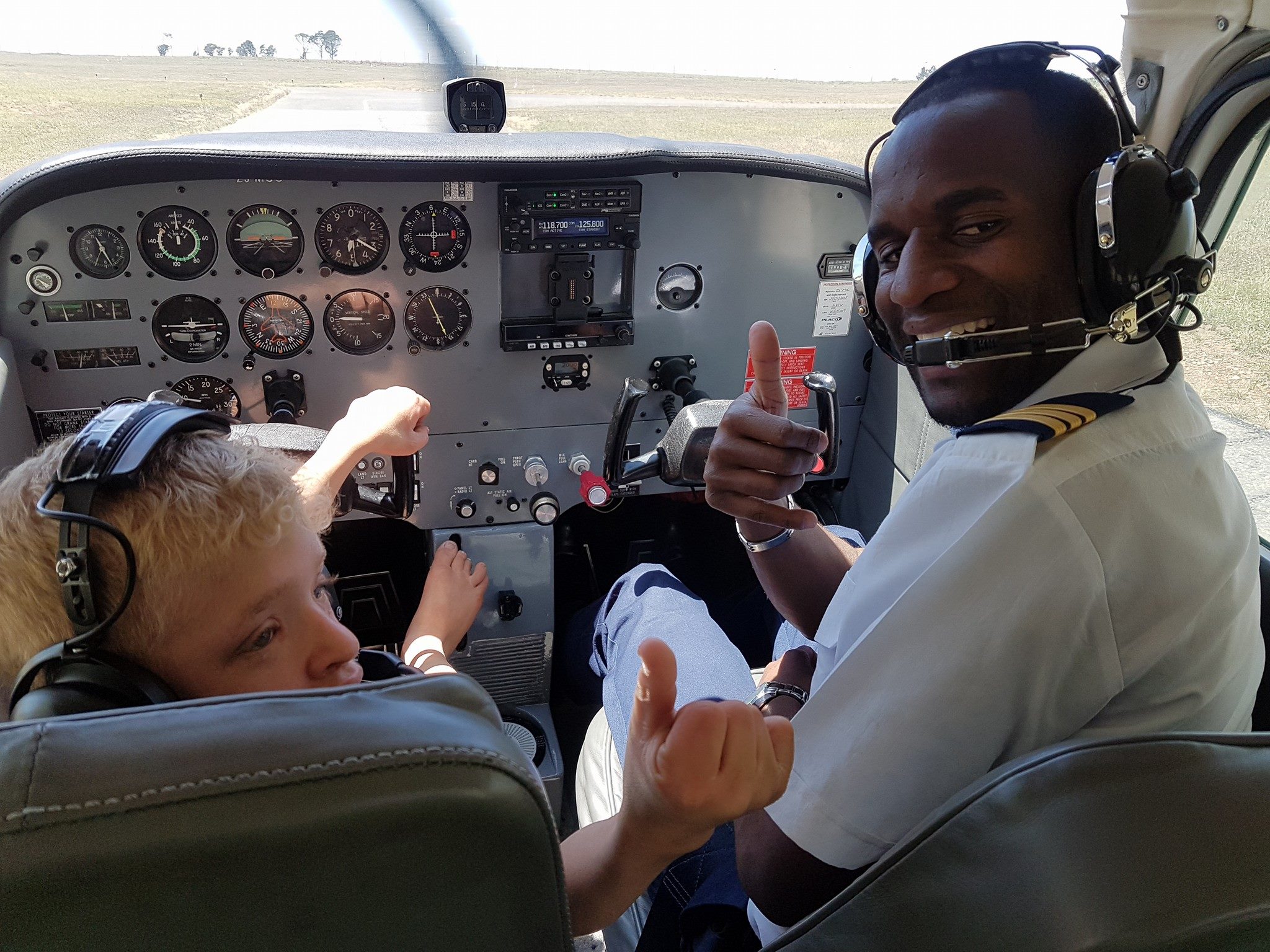
Within weeks of Aidan first beginning treatment with cannabis oil, his condition began to improve:
“Within a week or two, Aidan was a new child!
“He could entertain himself for ages without needing mommy to be there watching and playing 100% of the time.
“He became much calmer and more relaxed, and also managed to concentrate for much longer. We are at 2 mins 40 seconds that he can ‘meditate’ without talking.” Even though Aidan is clearly being helped by cannabis, he is still breaking the law due to the excess of red tape surround cannabis laws. This does not stop Melissa from doing what she knows is right for her own child:
“Medicinal cannabis seems to be more and more accepted here.

“More and more people are taking it without admitting to it. It seems legalisation is just a matter of when and not if.
“I’m not too concerned about it being illegal right now.
“Any authority challenging my decision as a parent to try and give my child the best chance at life when his condition is so rare, is a highly unlikely scenario.”
Melissa is hoping Aidan’s story can help change the negative perception of cannabis:
“My goal is to educate my audience so that the ‘stigma’ is eradicated.
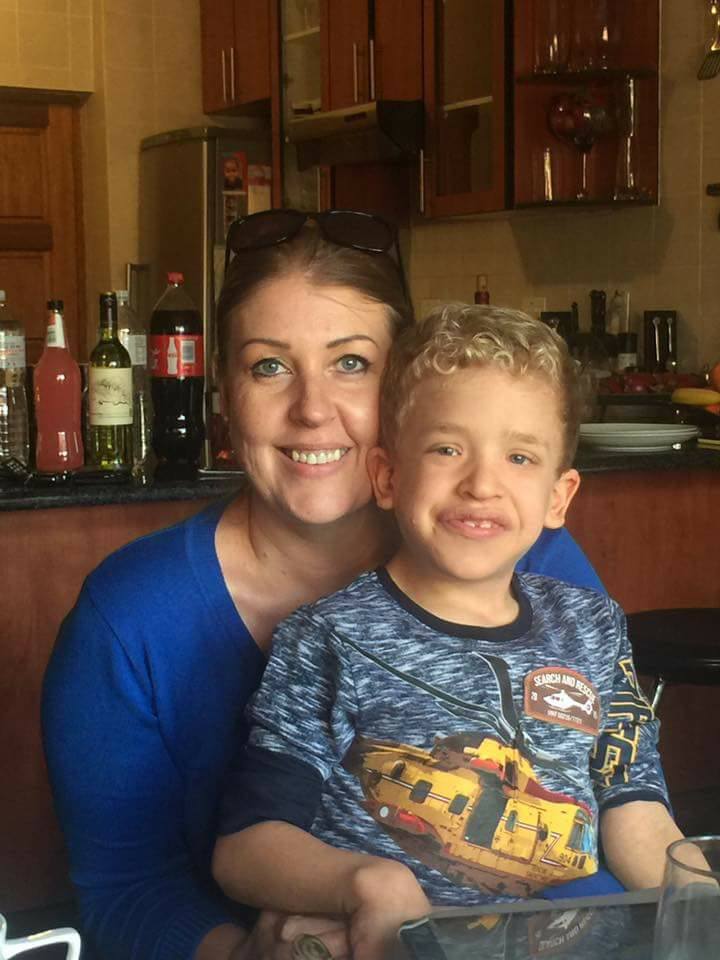
“I’m not a ‘pot head,’ I’m a mommy to a special child, who needs special care.
“When someone like myself begins educating people, they are more in a position to take the info, and not associate me or cannabis with ‘drug addicts’.” Inspired by the overwhelmingly positive reaction from the public to Aidan’s story, Melissa has established a charity in his honour:
“I also have set up The Raising Aidan Foundation.

“We’ll be officially launching on 17 Feb 2018 with an attempt to break a Guinness World Record for the most number of cupcakes in a mosaic! We are aiming at 44,000.”
Melissa and Aidan’s story could have been so much different if they were unable to access medical cannabis. Without cannabinoids, it is difficult to say whether Aidan would have made the medical progress he has.
Their story is also a strong reminder of the dire situation similar patients are facing in the UK.
While South Africa is in a transitional period, where the framework for medical cannabis could be ready to implement early next year, desperate patients in the UK have been reminded again and again that this Conservative Government does not care about their human rights.
Earlier this week, Theresa May vowing to continue fighting the country’s war on “drugs”, using research from her time in the Home Office to justify her policy approach.
That research, however, actually found, “[no] obvious relationship between the toughness of a country’s enforcement against drug possession, and levels of drug use in that country.”
Not only is the Conservative Government viciously targeting desperate medical patients, they are also wasting a tremendous amount of taxpayers’ money (£361 million) and the police’s time to do so.
It is time for the UK to legalise cannabis for medical purposes so more research can be done to understand the medical potential of the plant, and, more importantly, to allow British citizens the basic human right to a choice in their medication.
